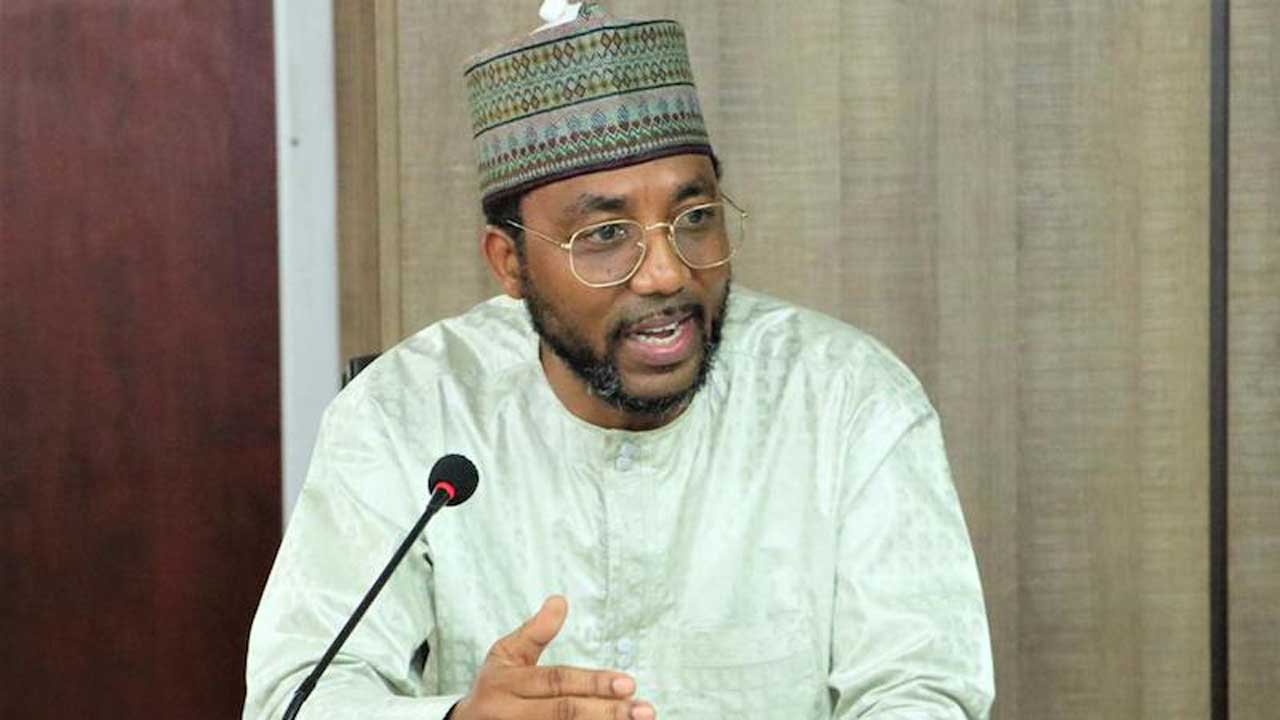
Despite the rejection of Nigeria’s agricultural products in the international market, the Nigerian Ports Authority (NPA) said it facilitated 3.5 million metric tonnes of export trade through the seaports in the first six months of this year.
This comes even as the National Agency for Food Drugs Administration and Control (NAFDAC) has alerted that over 70 per cent of agricultural products exported out of the country are rejected, causing huge financial losses to exporters and the economy.
This poor export trade facilitation at the seaport, according to the agency, is caused by the bottlenecks experienced by truckers lifting export containers from the warehouses to the ports, which include delays due.
Other bottlenecks include delays in processing and clearing cargos by agencies at the ports. Speaking during a panel on the export of non-oil products at the 2023 Zenith Bank International Trade Seminar in Lagos, the Managing Director of the NPA, Mohammed Bello-Koko, said the authority is working closely with other government agencies such as Customs, Nigerian Shippers’ Council and the Nigerian Maritime Administration and Safety Agency (NIMASA) to ensure imports and exports are cleared faster.
He said customs should reduce the time it takes to scan and inspect cargo to enable importers and exporters to take their goods promptly. According to him, NPA has been recording growth in export since 2019 at the ports from about 2.8 million metric tonnes to 3.8 million metric tonnes in 2020. He said export volume grew in 2021 to 3.79 million metric tonnes and over 5.1 million metric tonnes in 2022.
Bello-Koko said the collaboration with the NCS helped the NPA in achieving the feat as he expressed optimism that the agency will achieve more than it attained in previous years.
“NPA’s responsibility is to handle the logistics issue as relates to the delivery of cargo to ports, reviewing the cargo and also ensuring that it is loaded for the voyage. We encouraged the terminal operators to create hinterland aggregation points and dedicated spaces for export within the port terminals, but we need to realise that the ports are very small and therefore there are capacity issues.
“What we did was to create export processing terminals and the export processing terminals are one-stop shops where you consolidate, test, weigh, and pack it and then go straight into the ports. What the customs did for us is to create an export command. This means there are individuals responsible for all export problems that you can relate with,” he said.
He said the NPA also created time belts for exports and a lane for export to improve the speed of moving exports to the port.
The NPA boss said Lagos State Government has been working with them to enforce traffic regulations, especially along the port corridors, which helped to reduce congestion.
He added that the efforts yielded results and facilitated the growth of exports leaving Nigerian ports.
“Don’t forget that shipping activities pick from the middle of the year, so you can perceive that we are going to achieve more than what we got last year,” he added.
Confirming the growth in export trade, Executive Director of the Nigeria Export Promotion Council (NEPC), Ezra Yakusak, said Nigeria had a non-oil export performance of $4.8 billion in 2022, which is the largest since the creation of NEPC in 1976.
“We exported 214 products which means that Nigeria has huge potential. About 1,122 companies exported to 122 countries. Last year, there was an increase of about 39.6 percent in the export of manufactured products, meaning that Nigerian export is changing from being mostly raw materials to becoming processed or manufactured products,” he said.
On his part, acting Comptroller General of Customs, Adewale Adeniyi, said the service has created a one-stop-shop that removes all delays that leads to the rejection of Nigerian export in the international markets.






